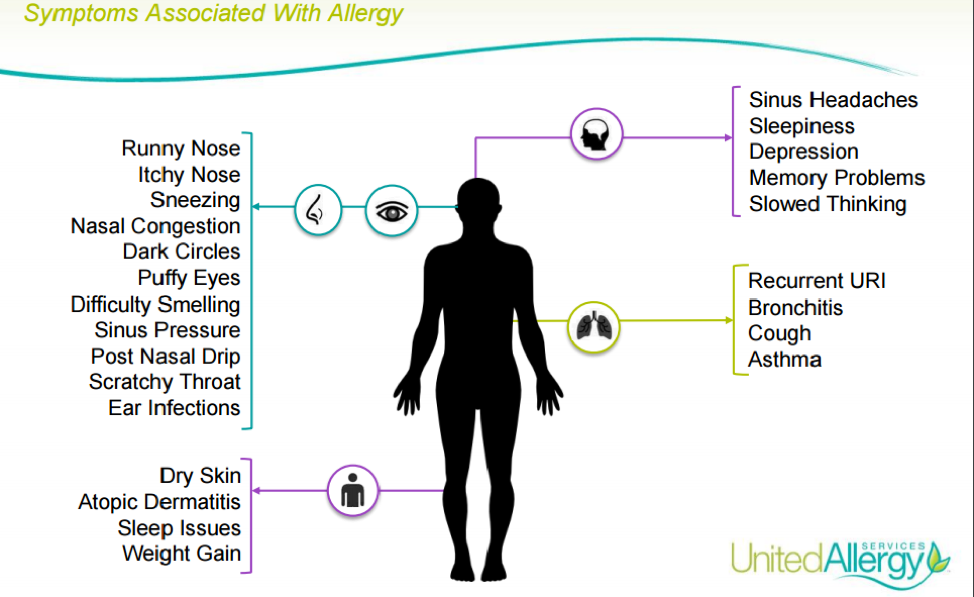Immunotherapy, A Way to Breathe Easier
By Ruslan Fomenko
Almost all of us have had some sort of an encounter with allergies. If not from firsthand experience, most people have witnessed a friend or a family member affected by seasonal, pet, or food allergens. But what means do we have to combat these inconvenient and sometimes dangerous reactions? Although there are various remedies and over-the-counter drugs which may help alleviate the symptoms, it is much more reasonable to address the root of the problem.
One of the most prominent allergy treatments today is immunotherapy. The process begins with allergy testing. In order to begin treatment, the doctor first has to determine which allergens cause the patient’s immune system to react in the form of inflammation. The most common evaluation is the skin prick test, which is done on the patient’s forearm or back, depending on the number of allergens being tested. By pricking the skin with a comb-like device dipped in the allergen solutions, it is possible to see which substance causes a more severe reaction. In some cases, a different method may be used, where a small amount of the allergen is injected into the patient’s skin.
After the doctor knows which particular allergens (pollen, dust, etc.) cause the most inflammation, he or she will be able to offer treatment in the form of immunotherapy. In most cases, it will be a series of injections that can make the body less sensitive to specific allergens, and consequently reduce or eliminate the symptoms. The treatment begins with a buildup phase, during which the injections are administered two to three times per week for three to six months. The maintenance phase begins after, and in this stage, injections are administered approximately once a month. Although uncommon, side effects like swelling or severe allergic reactions may occur. For this reason, it is advised to remain in the doctor’s office for thirty minutes after the procedure, in order to rule out any adverse reactions. In some rare cases, the results aren’t as impressive as patients hope; however, this treatment effectively alleviates many bothersome symptoms in the majority of people.
Allergies can be debilitating in many ways. Whether it is a seasonal allergy preventing a young athlete from participating in a soccer game or a pet allergy making one unable to adopt a furry friend, these pesky immune reactions can make life difficult. And even though symptoms may be averted by moving to a place with fewer blooming oaks or saying no to adopting a dog, it is much easier and more enjoyable to live life to the fullest. Immunotherapy treatment for allergies has been around for quite some and has helped many people lead more fulfilling lives.
Author: Ruslan Fomenko
About the author: Ruslan Fomenko is a former Research Assistant and mentee of the RIPLRT. Ruslan is currently in dental school.



